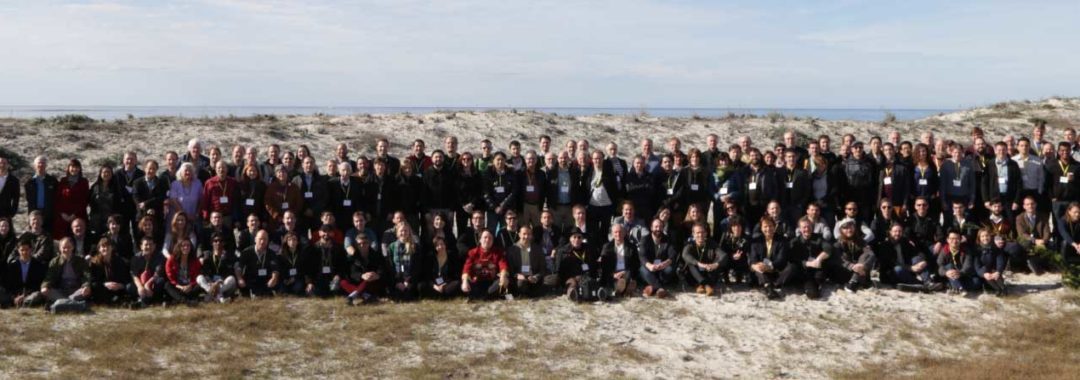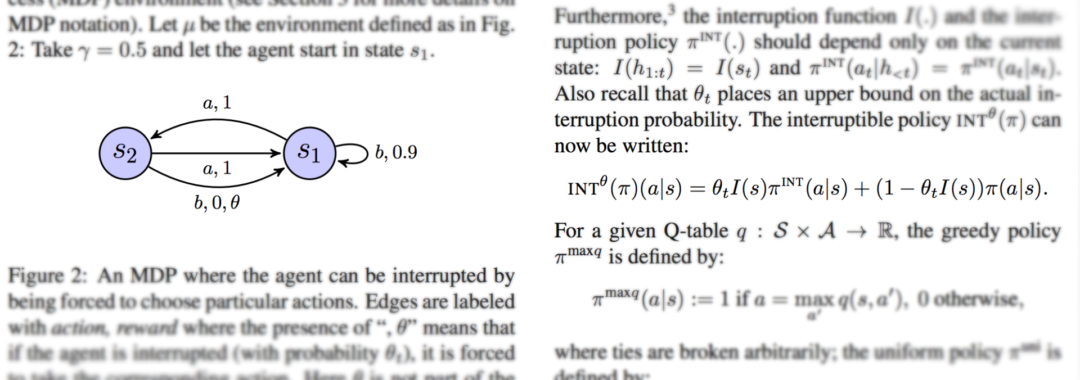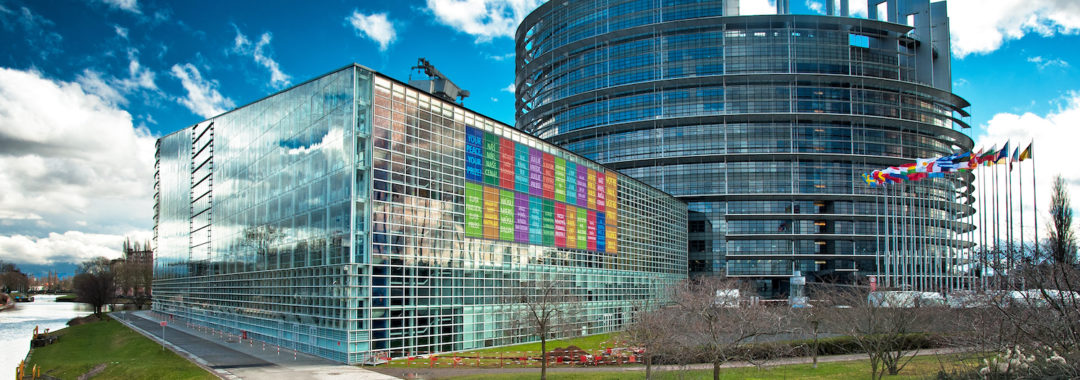FHI receives £1.7m grant from Open Philanthropy Project
The Open Philanthropy Project recently announced a grant of £1,620,452 to the Future of Humanity Institute (FHI) to provide general support as well as a grant of £88,922 to allow us to hire Piers Millet to lead our work on biosecurity . Most of the larger grant adds unrestricted funding to FHI’s reserves, which will […]








